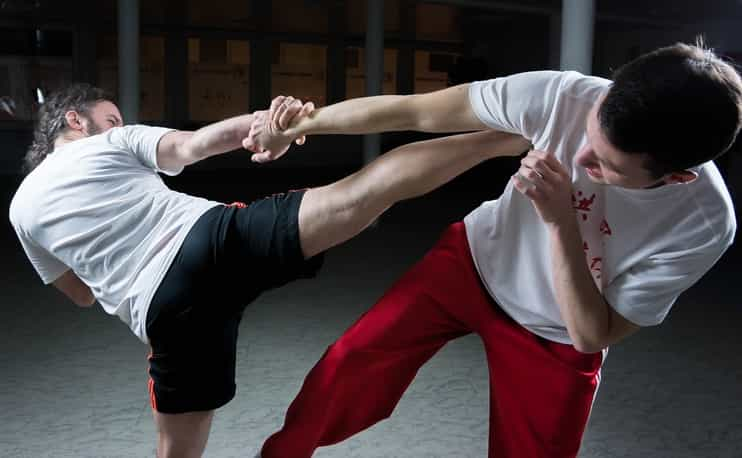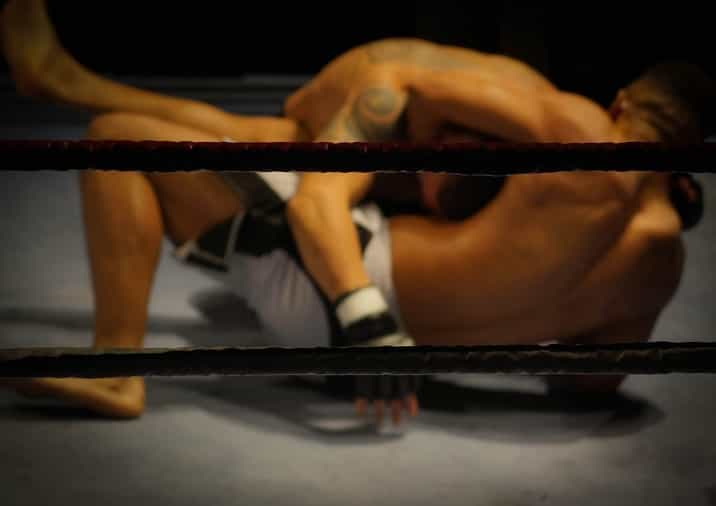The Ultimate Fighting Championship, better known as UFC, has a rich and storied history that spans more than three decades. What began as a small, niche event in the United States has grown into a global phenomenon with millions of fans around the world.
The UFC was founded in 1993 by Rorion Gracie, a Brazilian Jiu-Jitsu expert who wanted to showcase his family’s martial art to a wider audience. The first UFC event, held in Denver, Colorado, was a one-night, eight-man tournament that featured fighters from different martial arts backgrounds, including boxing, kickboxing, wrestling, and Jiu-Jitsu.
The early years of the UFC were marked by controversy and criticism, as many people viewed the sport as too violent and lacking in rules. However, the UFC continued to grow in popularity, attracting more fans and high-profile fighters.
In 2001, the UFC was purchased by brothers Lorenzo and Frank Fertitta, who brought in Dana White as the organization’s president. Under their leadership, the UFC underwent a major transformation, with a focus on improving safety and professionalism and expanding the sport’s global reach.
One of the key changes made by the Fertitta brothers and White was the introduction of weight classes and rules designed to limit the amount of damage that fighters could inflict on each other. These changes helped to address some of the criticisms of the early UFC events and make the sport more palatable to mainstream audiences.
In addition to these changes, the UFC also focused on promoting its top fighters as larger-than-life personalities and building up rivalries and storylines to generate excitement and interest among fans. This approach helped to make the sport more accessible and appealing to a wider audience.
Today, the UFC is one of the most popular sports in the world, with events held in cities around the globe and millions of fans tuning in to watch fighters compete in the Octagon. While the sport still faces criticism from some quarters, it has come a long way from its early days and continues to evolve and grow as a global phenomenon.
As the UFC continued to grow in popularity, it also faced challenges and controversies. One of the most significant was the political backlash against the sport in the late 1990s and early 2000s. Many politicians and media outlets called for the sport to be banned due to its violent nature and lack of regulation. This led to the formation of state athletic commissions and the introduction of rules and regulations that helped to improve the safety of fighters and make the sport more mainstream.
Another major turning point for the UFC was the rise of superstar fighter Conor McGregor. McGregor’s brash personality and impressive fighting skills helped to elevate the sport’s profile and bring in a new generation of fans. McGregor’s fights with rivals such as Nate Diaz and Khabib Nurmagomedov broke records for pay-per-view buys and helped to cement his status as one of the most popular and successful fighters in UFC history.
If You Have It, You Can Make Anything Look Good
The UFC has also expanded its global reach in recent years, with events held in countries around the world and a growing roster of international fighters. This has helped to make the sport more diverse and appealing to fans from different backgrounds and cultures.
Despite its many successes, the UFC still faces challenges and controversies. Some critics argue that the sport is too violent and dangerous, while others question the fairness of certain matchups or the use of performance-enhancing drugs by some fighters. However, the UFC continues to evolve and adapt, with a focus on improving safety, expanding its global reach, and delivering exciting and memorable fights for fans around the world.





